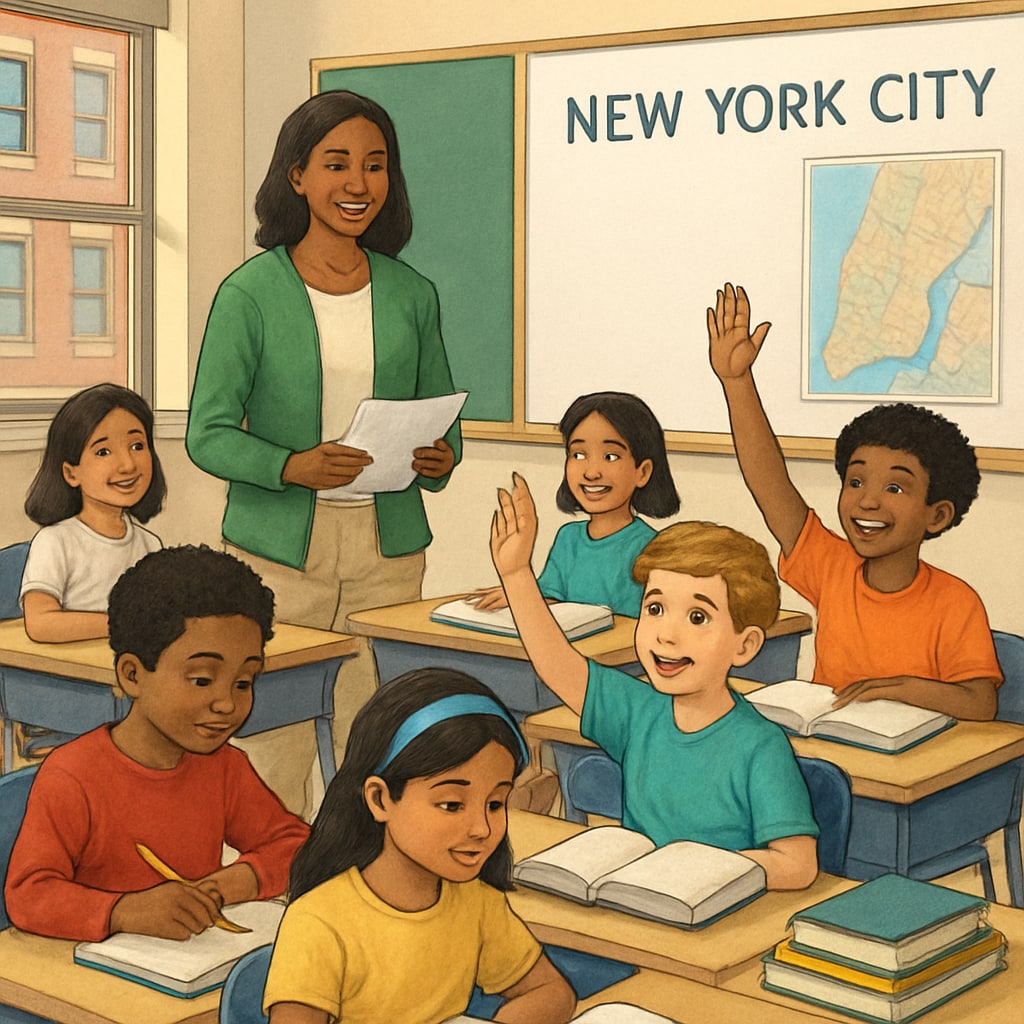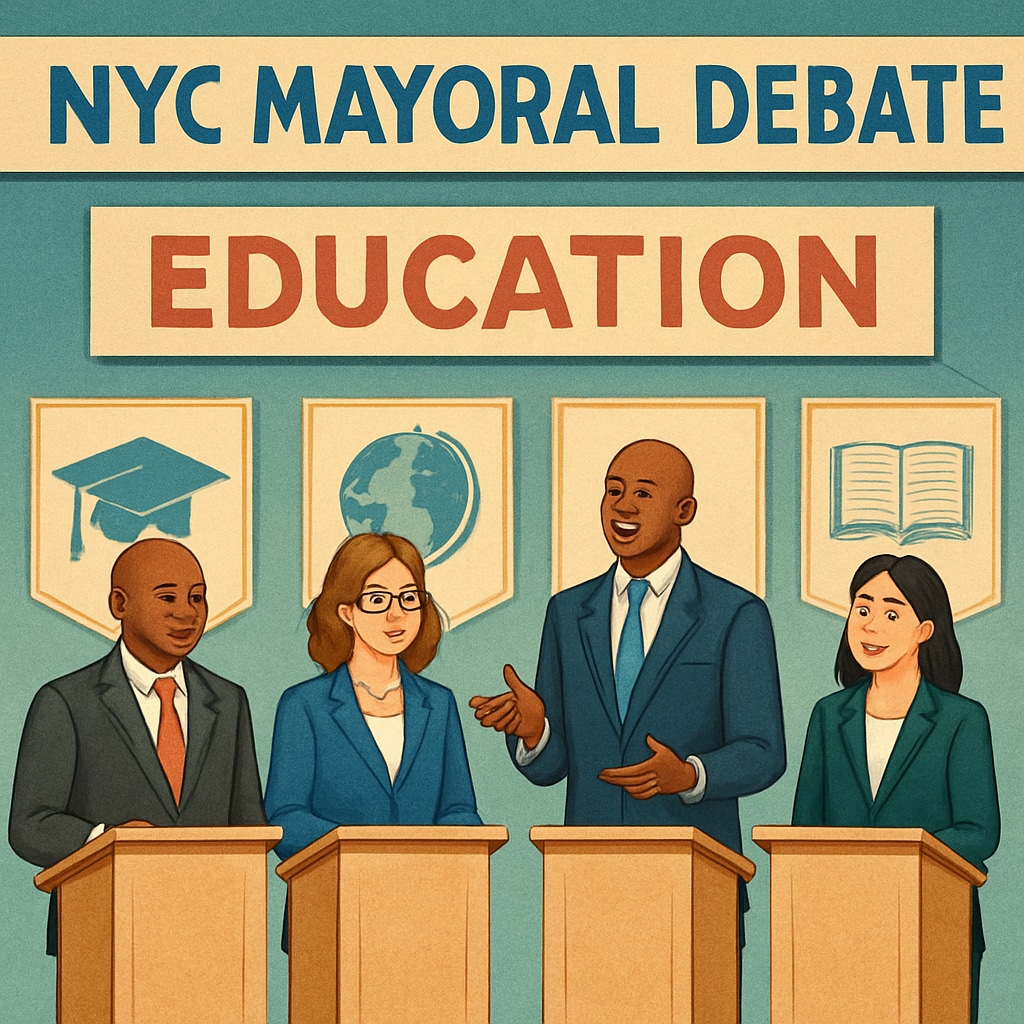Joel Klein, the former New York City Schools Chancellor, has sounded the alarm about the upcoming NYC mayoral election, warning that its outcome may drastically reshape the city’s education system. With New York City being home to the largest public school system in the United States, the stakes have never been higher. How the next mayor approaches education policy could have long-lasting consequences for over one million students and their families. This article delves into the educational tug-of-war at the heart of this election and what it means for the future of NYC schools.
The Legacy of Joel Klein and the Stakes for NYC Schools
Joel Klein’s tenure as Chancellor of NYC schools from 2002 to 2010 is often regarded as a transformative era. Klein introduced sweeping reforms focused on accountability, choice, and innovation, including the expansion of charter schools and the implementation of data-driven performance metrics. However, his policies were not without controversy, sparking debates over equity, funding, and the role of privatization in public education.
Now, as the city braces for its next mayoral election, Klein has raised concerns about the future of these reforms. The candidates have starkly different visions for education, ranging from calls to expand school choice to proposals for strengthening traditional public schools. The outcome will not only affect NYC but could also set a precedent for education reform across the country.

Key Issues Shaping the NYC Mayoral Election
Several critical education issues are at the forefront of the NYC mayoral race:
- Charter Schools: Some candidates advocate for expanding charter schools, citing their success in providing alternatives to underperforming public schools. Others argue that charter schools divert funding from traditional public schools and exacerbate inequalities.
- Classroom Equity: Addressing disparities in resources, teacher quality, and student outcomes remains a priority. Proposals include increased funding for underprivileged schools and new initiatives to close the achievement gap.
- Teacher Support: The next mayor will need to navigate relationships with teachers’ unions, balancing the push for accountability with the need to support educators through better pay, training, and working conditions.
- Post-Pandemic Recovery: With students still grappling with the effects of COVID-19, education recovery plans—including mental health support, bridging learning gaps, and integrating technology—are critical.
Each candidate’s stance on these issues will shape their education platform and, ultimately, the city’s approach to reform.

What Does This Mean for the Future of NYC Education?
The stakes are high for NYC schools, which serve as a microcosm of the broader challenges facing public education in America. The mayoral race highlights a fundamental question: How can the city balance innovation with equity? Advocates for reform argue that bold changes are necessary to prepare students for the modern economy, while critics caution against abandoning traditional public schools in favor of unproven alternatives.
Joel Klein’s warning underscores the need for voters to carefully consider the implications of each candidate’s education policies. The next administration will inherit not only the successes but also the challenges of the current system, from overcrowded classrooms to persistent achievement gaps. As a result, the election’s outcome could shape the trajectory of NYC schools for decades to come.
In conclusion, the NYC mayoral election is more than just a political contest; it’s a referendum on the future of public education. Whether the city doubles down on reform or takes a different path, one thing is clear: the decisions made in this election will reverberate far beyond the five boroughs.
Readability guidance: This article uses short paragraphs, active voice, and clear transitions to ensure accessibility. Lists summarize key points, and the text avoids overly technical language while maintaining professional credibility.


